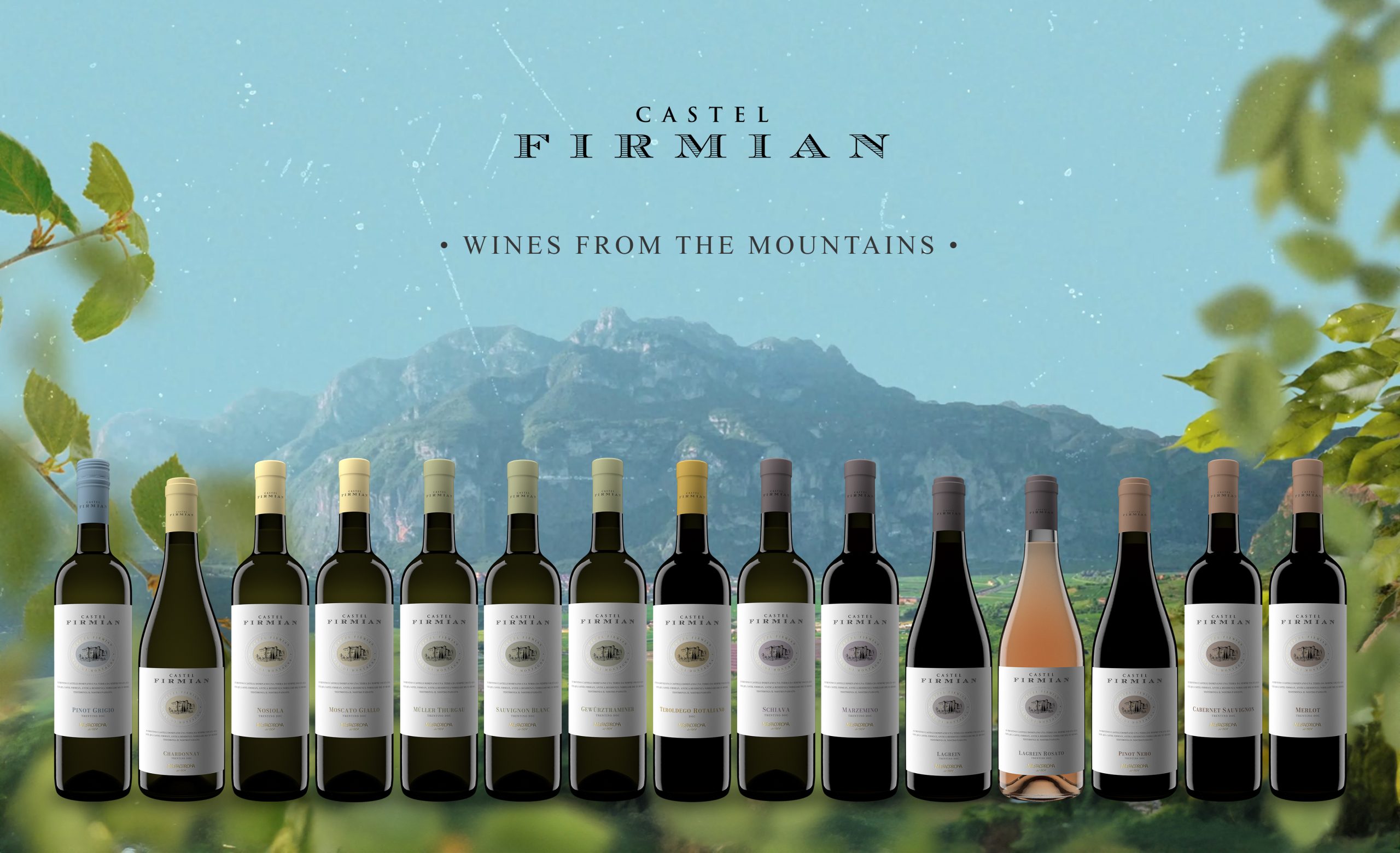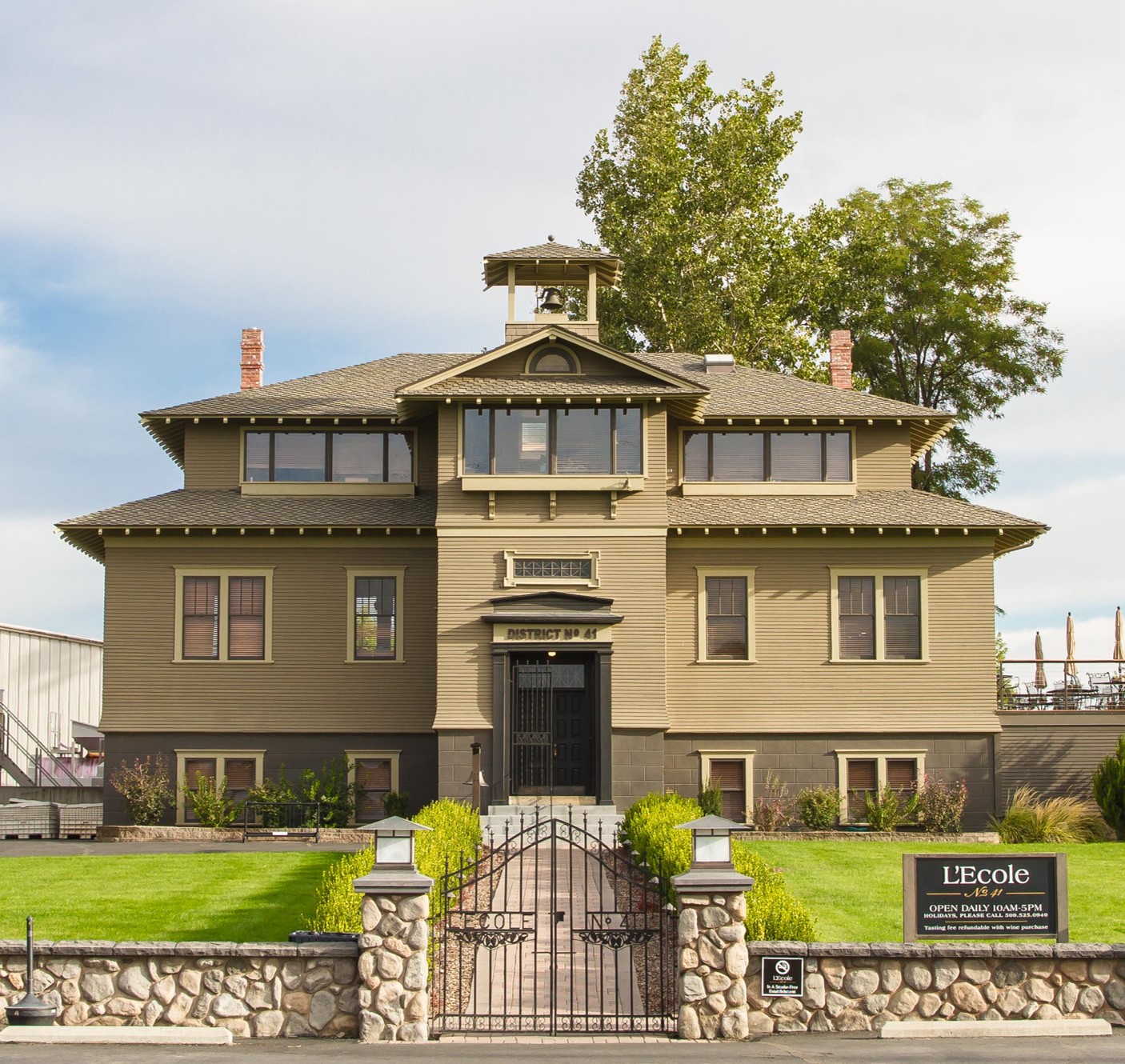Sun shines on Languedoc-Roussillon
The Languedoc-Roussillon region is benefiting from a good 2013 vintage combined with relatively stable prices and a steady uplift in export focus that has seen producers adapt their style to market demand.
“The Languedoc has been our main focus for the last 12 months,” reported Andy Poxon, UK independent wholesale manager for Les Grands Chais de France.
Speaking to the drinks business at the annual Sud de France trade tasting in London this week, Poxon explained: “It’s because the wines provide great value for money and the prices are more or less stable so that helps.”
More generally, he added: “There’s been a general upturn in the UK for French wine. People are just looking for classic varieties done with a bit more finesse.”
Les Grands Chais now has 25 properties spread around south-west, as well as partnerships with a number of co-operatives such as Mont Tauch, Muscat St Jean de Minervois and Rocbere.
“What we have learned is that you can no longer make wines with a large amount of tannin,” commented Poxon, pointing to the recent UK on-trade launch of Malbec called Parlez-Vous, created in tandem with Mont Tauch. “It’s a really soft Malbec and it’s taken off because it’s really easy drinking,” he observed.
While 2013 was a challenging year for many regions of France, in the Languedoc-Roussillon producers were more upbeat about the vintage. “It’s the best year for many, many years,” reported Sophie Cleto, export manager for Clos Sorian. “We had just the right amount of sun and rain and no disease.”
Clos Sorian is relatively new venture near Sète that was established in 2007 by Florent Granier, former estate manager at Château Labegorce in Bordeaux. “We’re just starting to export now,” Cleto told db, as she pointed to a step up in the region’s efforts to win over foreign markets.
Partner Content
“I think people are starting to understand the market outside,” she remarked. “They’re not focusing on France as much as before.”
One particular factor behind this change, she noted, is that “all the winemakers now have sent their children to business schools.” As a result, Cleto continued: “There’s now a new generation that is starting to export and adapt their wines to the market. Before there were old labels, it was all very old fashioned, but now that’s starting to refresh, which was needed.”
In addition to this more carefully targeted marketing, Cleto noted: “The wines have changed too,” explaining: “People understood that alcohol was not everything and there are more blends. The EU policy of pulling up vines helped as well – it was mostly the old varieties that were a negative for the Languedoc: too strong, too rough. The varieties now used are more delicate.”
Alongside these improvements in viticulture and vinification, Cleto highlighted the original character offered by a number of styles from the Languedoc-Roussillon. “We have wines like Picpoul de Pinet that are very specific to the region,” she concluded. “You won’t find them anywhere else.”




